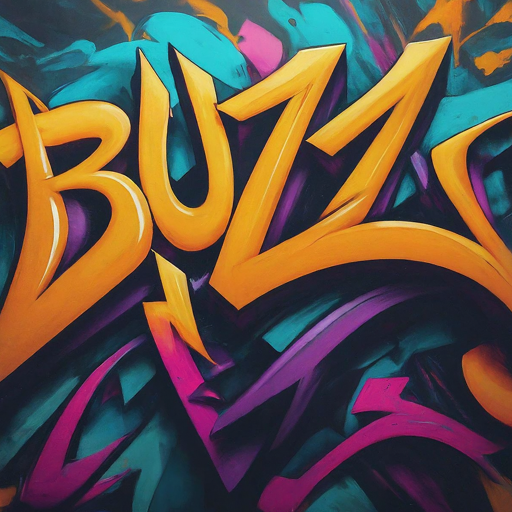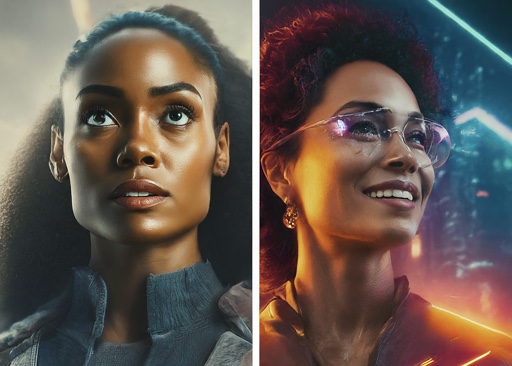Exploring the emergence and impact of virtual influencers in the entertainment industry.
Understanding the Concept of Virtual Influencers
Virtual influencers are computer-generated characters or avatars that are designed to resemble humans and interact with online audiences. These virtual influencers are created using artificial intelligence and are capable of engaging with followers on social media platforms, producing content, and even collaborating with brands for sponsored posts. The concept of virtual influencers blurs the line between reality and fiction, as these digital personalities can develop their own unique identities and personas.
Virtual influencers have gained popularity in recent years due to their ability to captivate online audiences and generate substantial engagement. They are often depicted as fashionable, charismatic, and relatable figures, attracting followers who are interested in their lifestyle, opinions, and endorsements. By leveraging AI technology, virtual influencers can provide a consistent and tailored experience for their followers, ensuring a personalized connection that resonates with their audience.
The Advantages and Disadvantages of Virtual Influencers
Virtual influencers offer several advantages to the entertainment industry. Firstly, they provide a unique and innovative way for brands to market their products and services. Virtual influencers can seamlessly integrate brand endorsements into their content, reaching a wide audience and potentially influencing consumer purchasing decisions. Additionally, virtual influencers offer a level of control and reliability for brands, as their behavior and messaging can be carefully curated and managed.
On the other hand, virtual influencers also present some drawbacks. One of the main concerns is the potential lack of authenticity. As virtual influencers are computer-generated, some critics argue that they lack genuine emotions and experiences, which may make it difficult for audiences to connect with them on a deeper level. Moreover, there are ethical considerations regarding the use of virtual influencers, such as the potential for deception and the impact on human influencers in the industry.
Exploring Successful Virtual Influencers in Entertainment
Several virtual influencers have successfully made their mark in the entertainment industry. One notable example is Lil Miquela, a virtual influencer who has amassed millions of followers on Instagram. With her unique sense of style and captivating personality, Lil Miquela has collaborated with various fashion brands and even released her own music. Another successful virtual influencer is Noonoouri, a digital fashion model known for her high-fashion looks and partnerships with luxury brands.
These virtual influencers have not only gained a massive following but also opened up new opportunities for brand collaborations and revenue streams. Their success demonstrates the growing acceptance and interest in virtual influencers within the entertainment industry.
The Ethical Considerations Surrounding Virtual Influencers
The rise of virtual influencers has raised several ethical considerations. One of the main concerns is the potential for deception. As virtual influencers appear human-like and interact with audiences, there is a risk of misleading followers who may believe that these digital personalities are real individuals. This blurring of reality and fiction can lead to issues of trust and authenticity.
Another ethical consideration is the impact on human influencers in the industry. The rise of virtual influencers could potentially overshadow the opportunities and livelihoods of real-life content creators. This raises questions about fairness and equality within the industry, as virtual influencers may have advantages such as unlimited availability and the absence of physical limitations.
Furthermore, there are concerns about the ownership and control of virtual influencers. As these digital personalities are often created and managed by companies or individuals, questions arise about intellectual property rights, consent, and the potential exploitation of virtual influencers as mere marketing tools.
Overall, the ethical considerations surrounding virtual influencers highlight the need for transparency, disclosure, and responsible use of this emerging technology in the entertainment industry.
The Future of Virtual Influencers in the Entertainment Industry
The future of virtual influencers in the entertainment industry is promising. With advancements in AI technology, virtual influencers are expected to become even more realistic, engaging, and interactive. They may be able to have real-time conversations with followers, participate in virtual events, and offer personalized recommendations based on individual preferences.
Additionally, virtual influencers could play a significant role in shaping the future of entertainment content. They have the potential to star in movies, TV shows, and video games, blurring the boundaries between real-life actors and computer-generated characters. This opens up new creative possibilities and challenges traditional notions of celebrity and talent.
However, as virtual influencers continue to evolve, it is crucial to address the ethical considerations and ensure responsible use of this technology. Transparency, authenticity, and maintaining a balance between virtual and human influencers will be key in shaping the future of virtual influencers in the entertainment industry.
This blog post is just the opening act. The conversation about AI in entertainment is ongoing, and your voice matters. Share your thoughts in the comments below! Let's work together to ensure this technological revolution unfolds for the benefit of both art and humanity.




